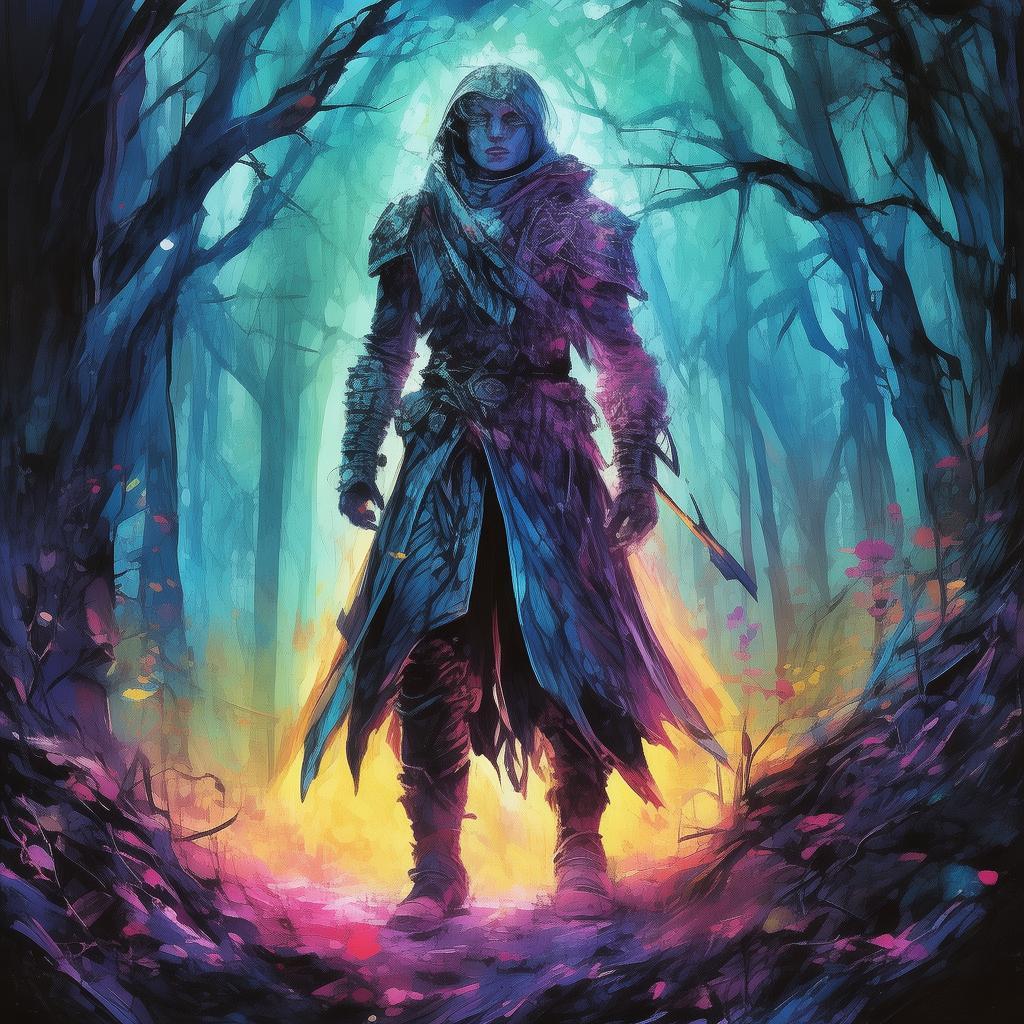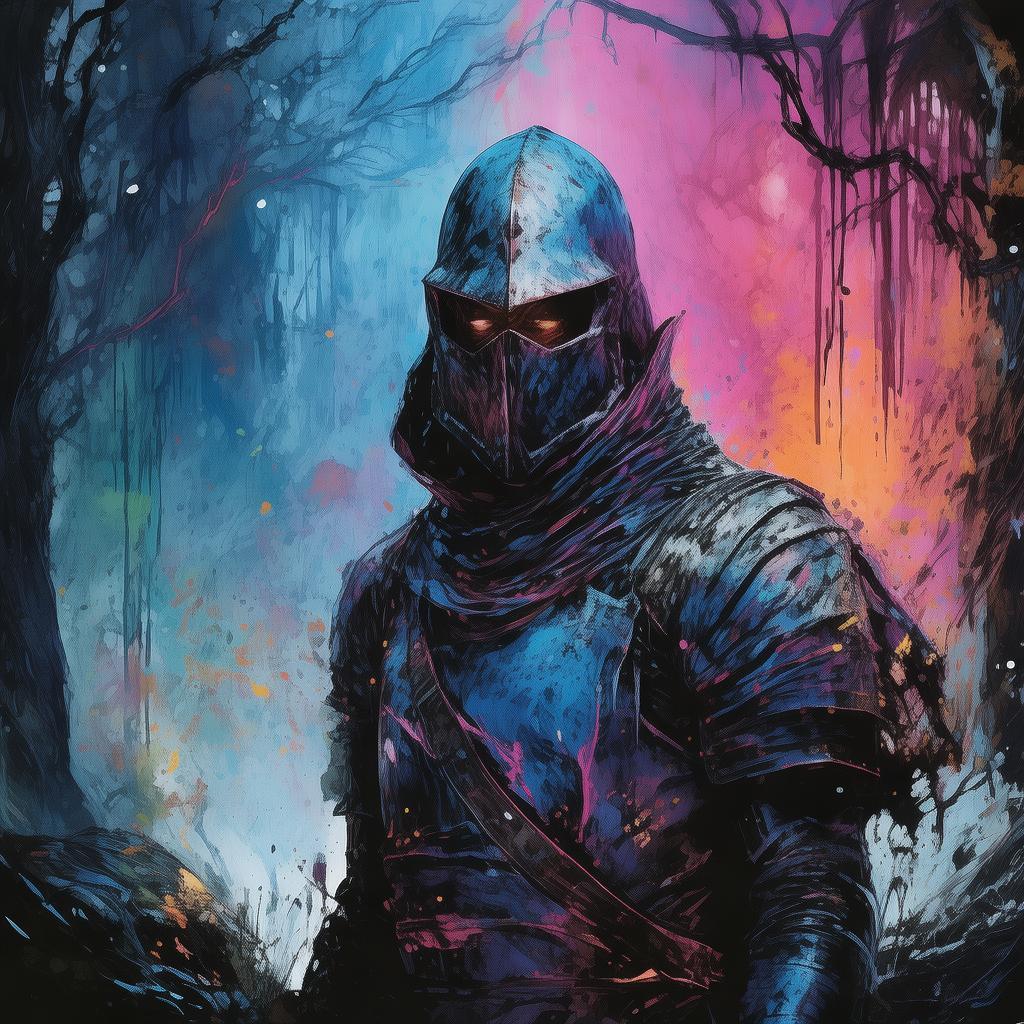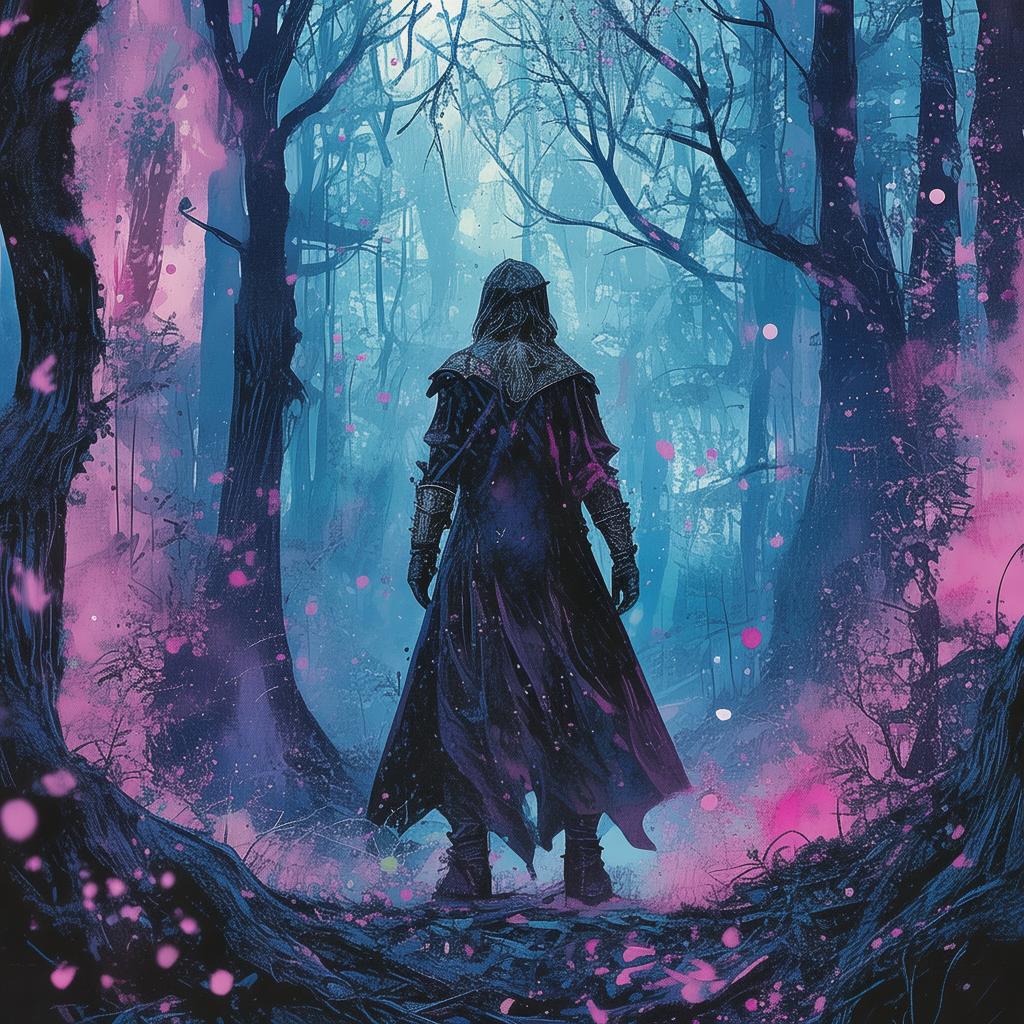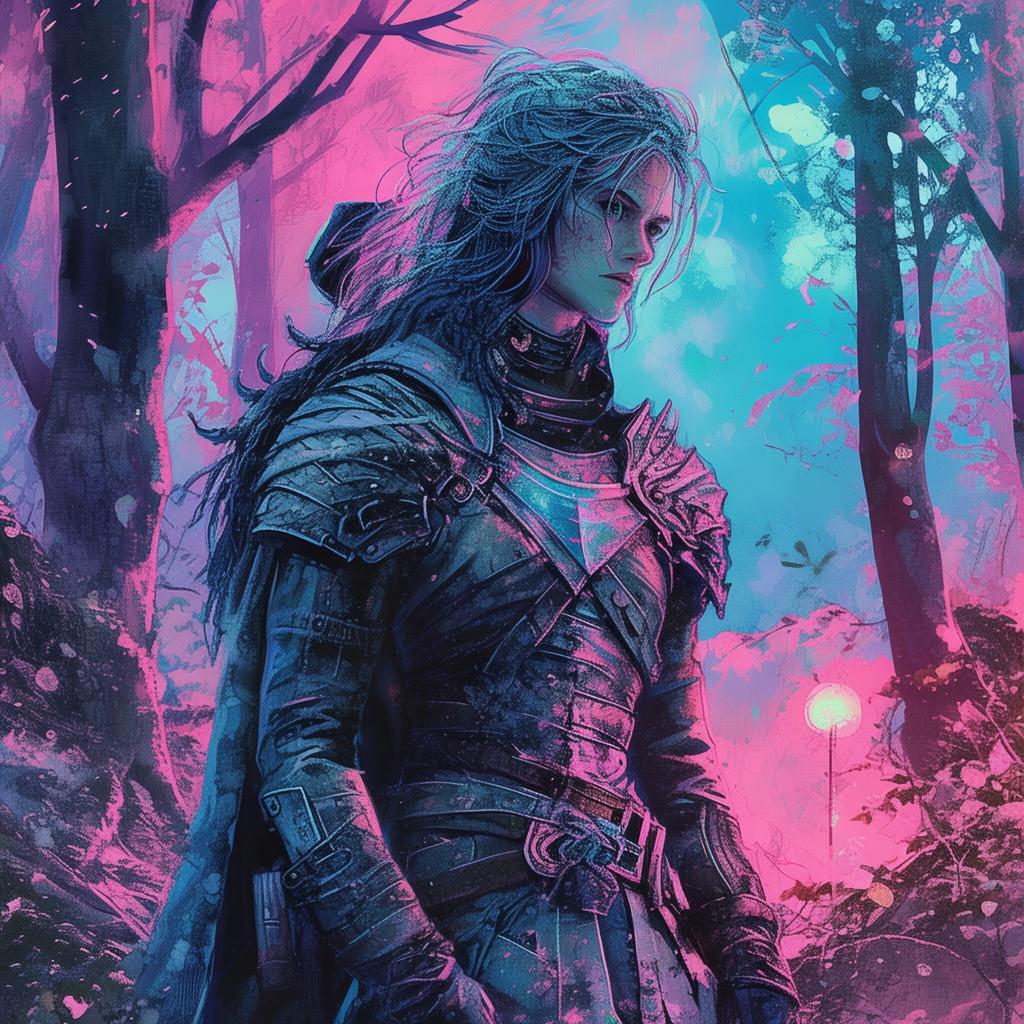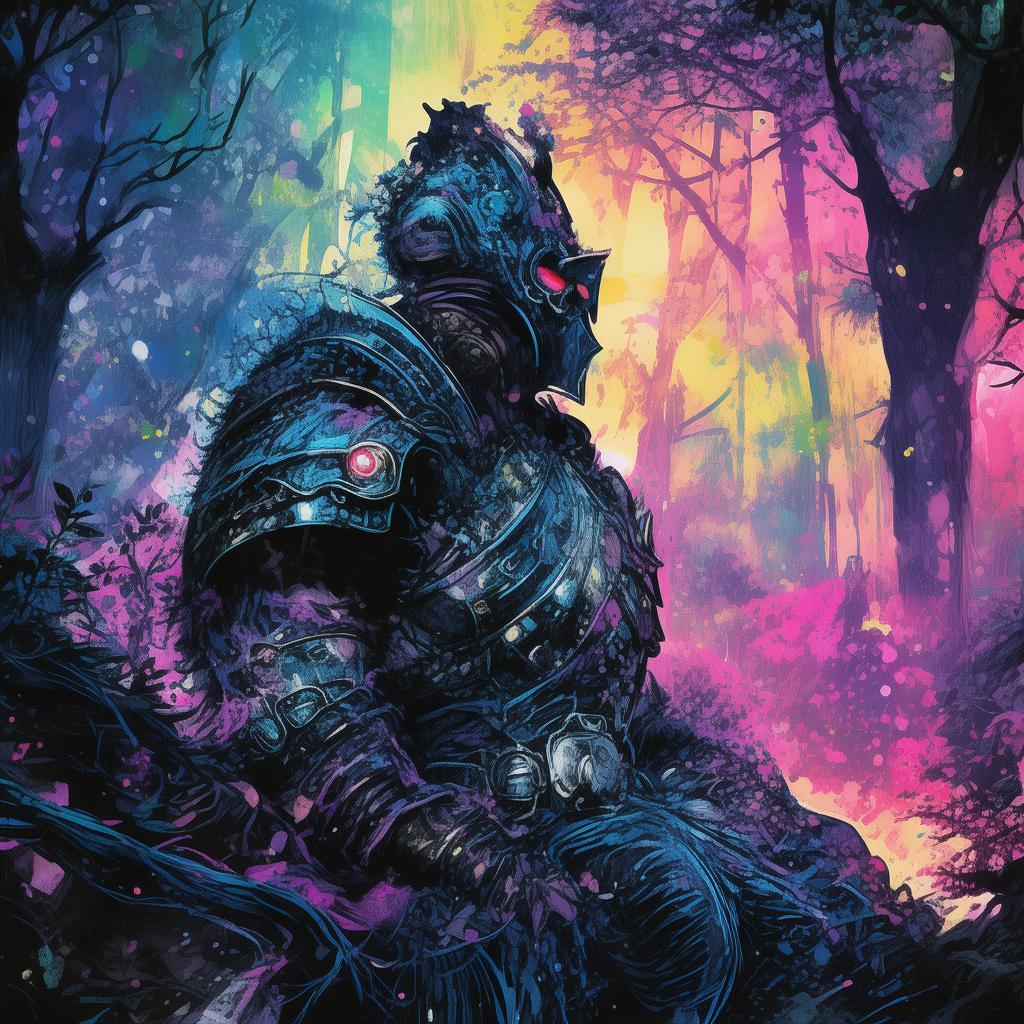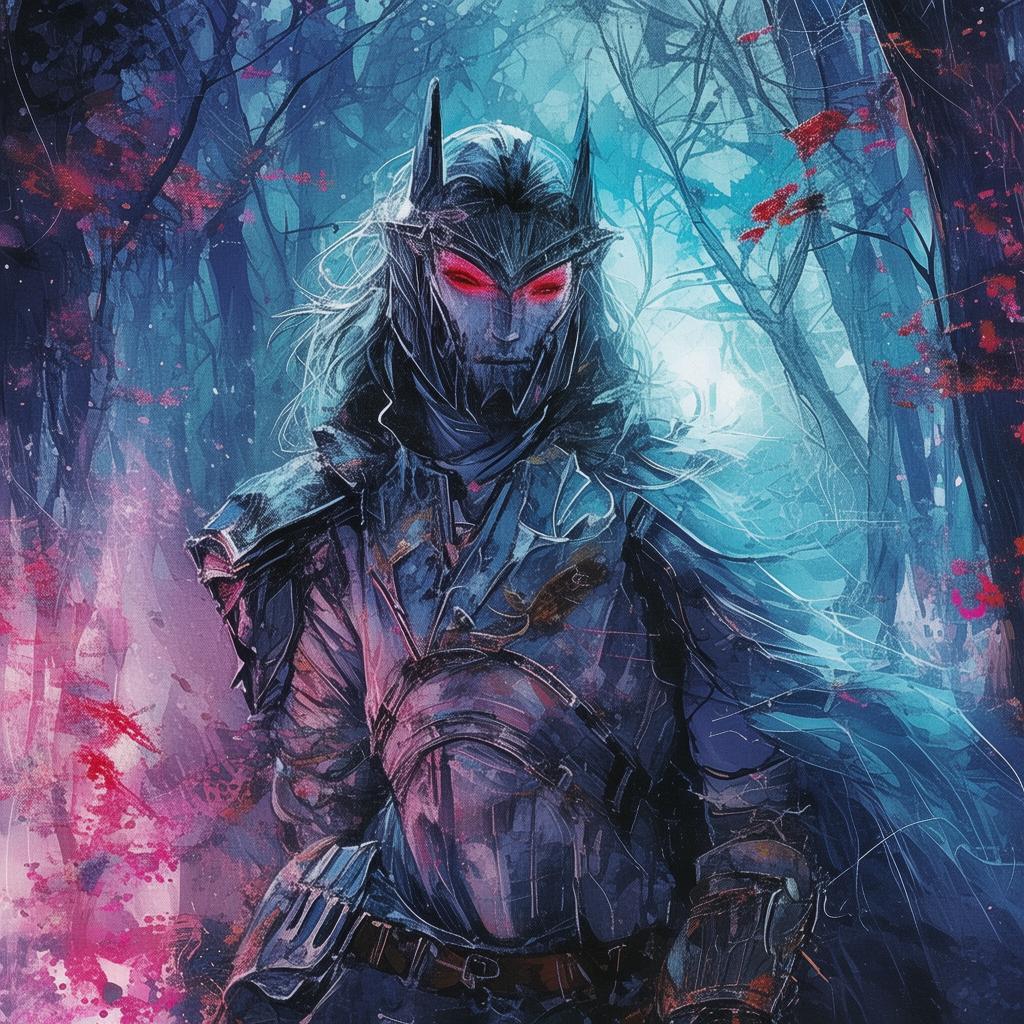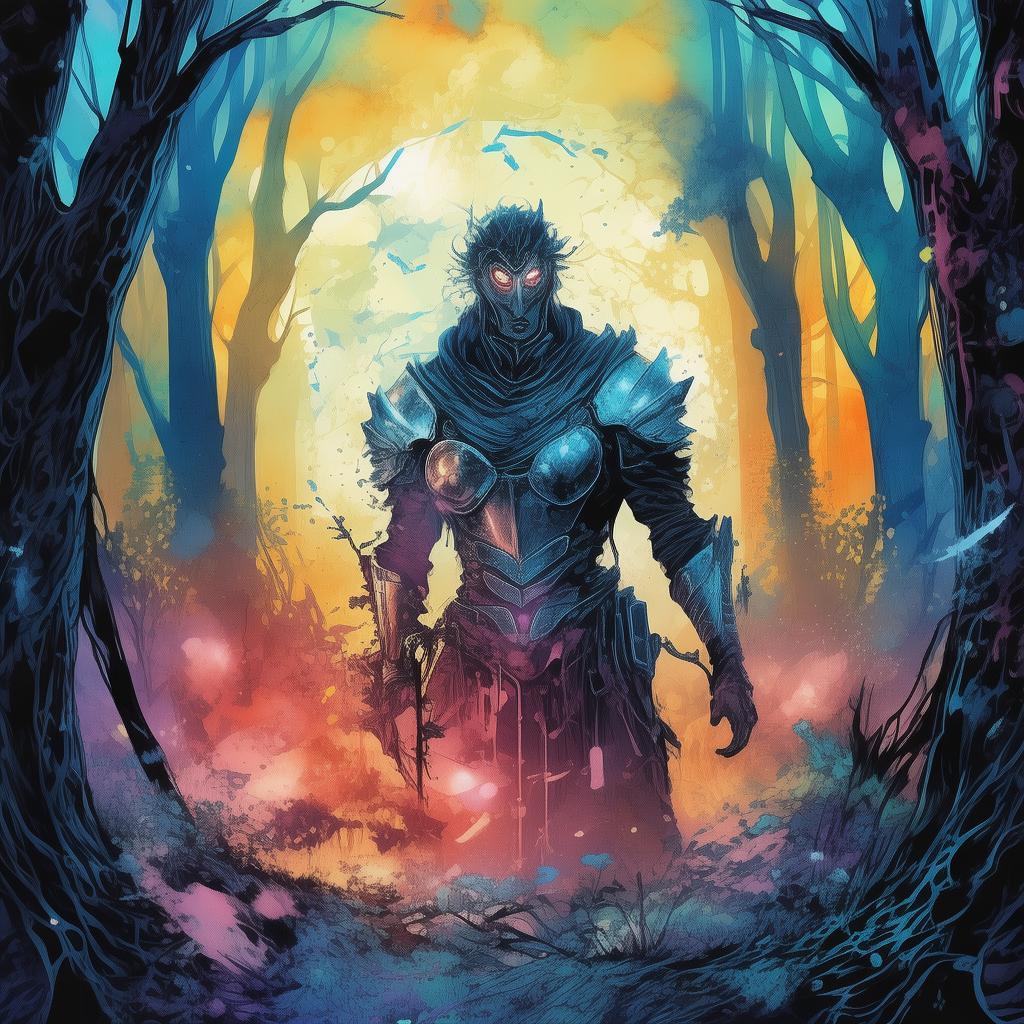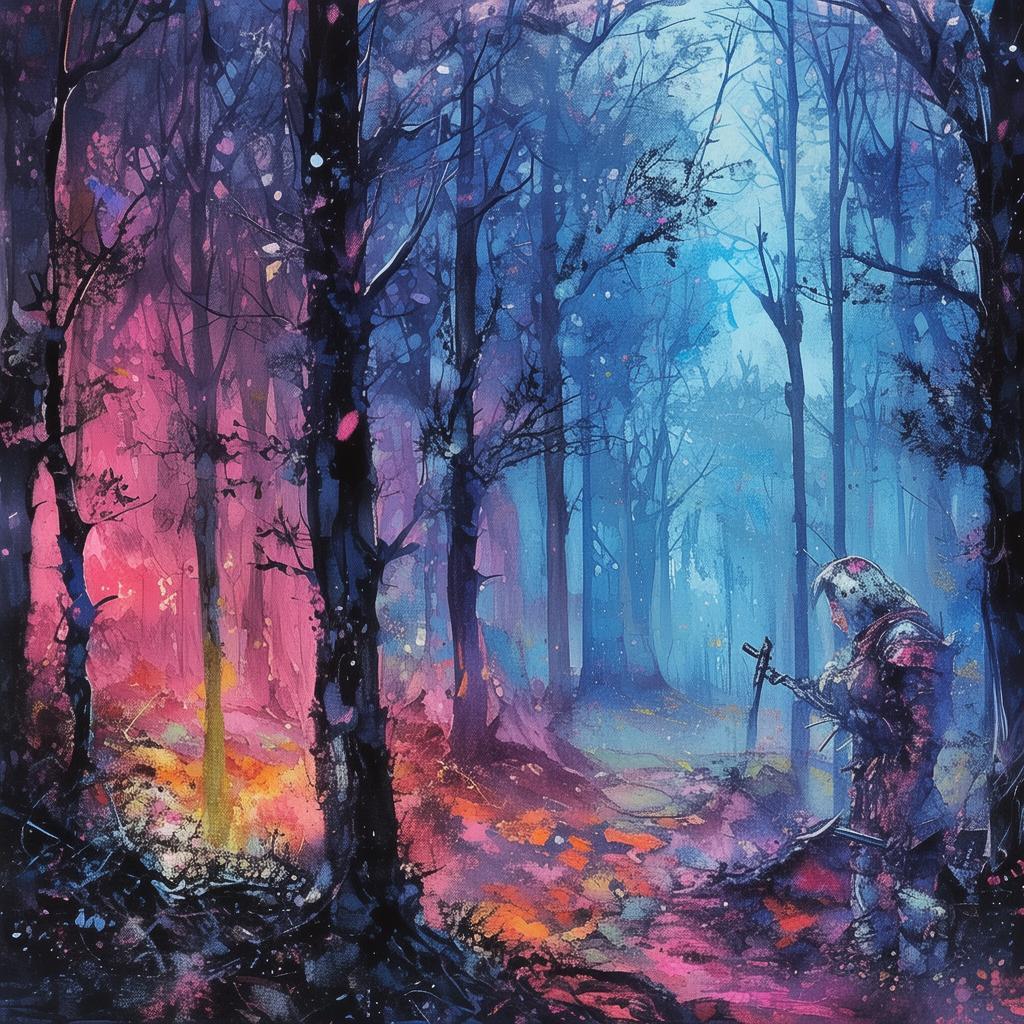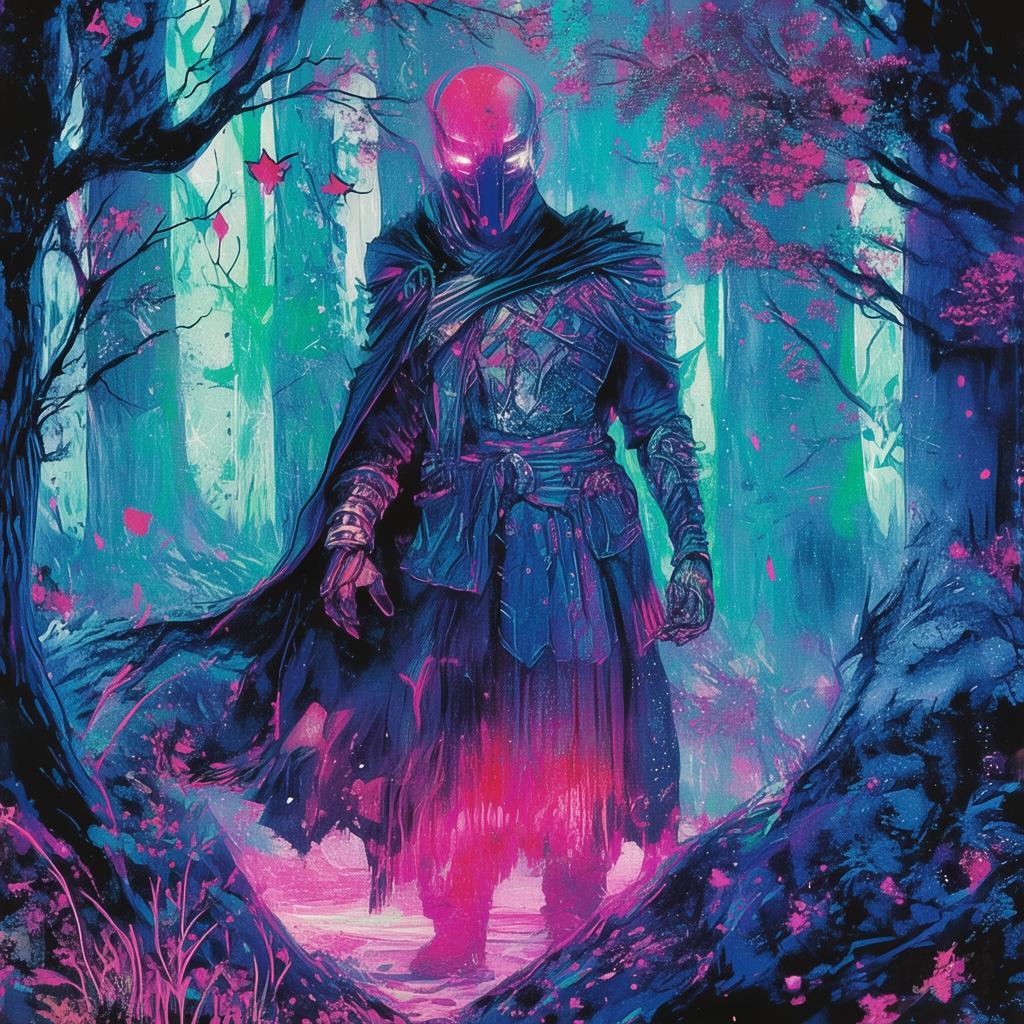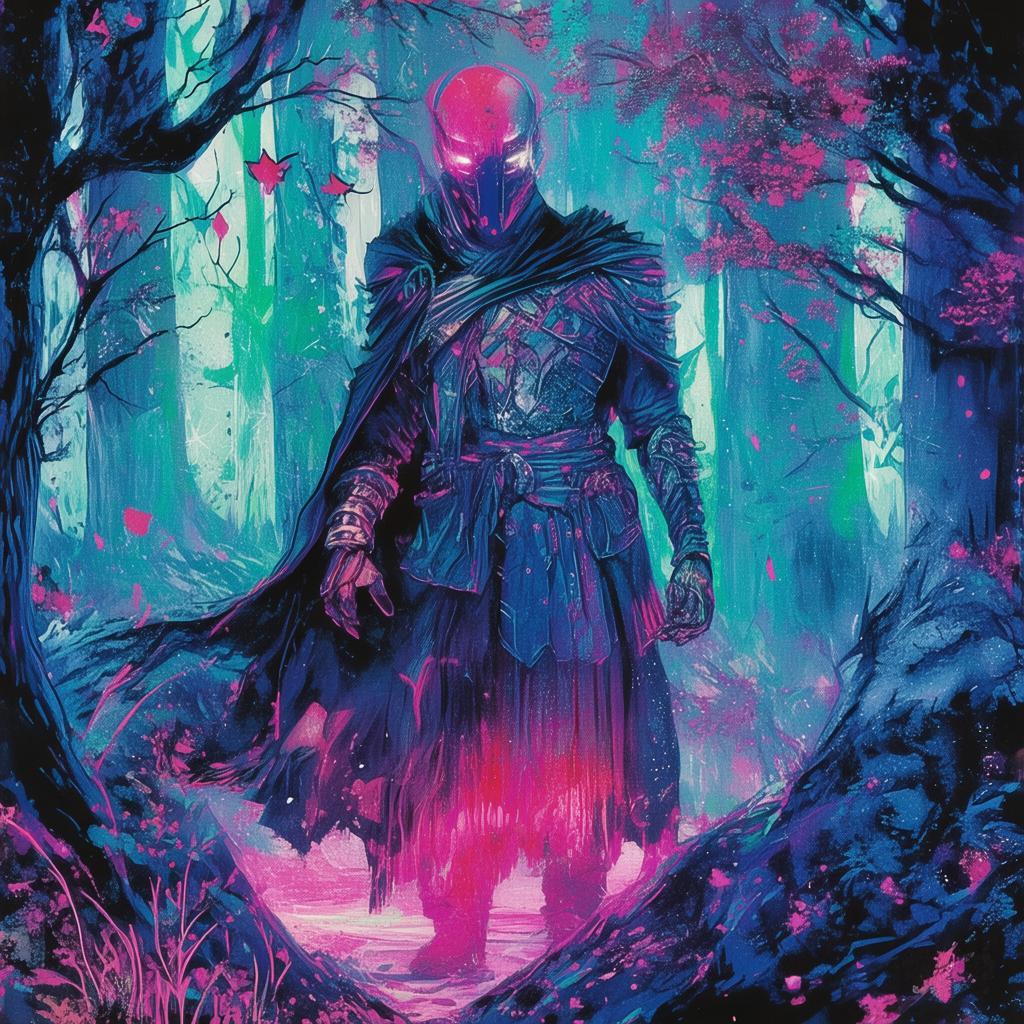The Labyrinth of the Damned: A Gilgamesh Retelling
In the heart of the ancient city of Uruk, where the gods and mortals walked side by side, there reigned a young king named Gilgamesh. He was a warrior, a builder, and a lover, but most of all, he was a king. His name was spoken in whispers, and his tales were told in hushed tones, for Gilgamesh was a man who defied the very nature of mortality.
The city of Uruk was a marvel of the ancient world, a place where the temples stood tall and the people were prosperous. Yet, Gilgamesh felt a void in his heart. He was not like the other gods; he was not ageless, nor was he immortal. His people feared him, and they whispered of the time when he would fall, like the leaves of the autumn trees, to the earth.
The gods, aware of Gilgamesh's plight, decided to send him a test. They spoke to Enkidu, a wild man, a creature of the wilderness, and they commanded him to become Gilgamesh's friend. Thus, Enkidu emerged from the wilds, a man of the earth, a creature of the fields, and he and Gilgamesh became the closest of friends.
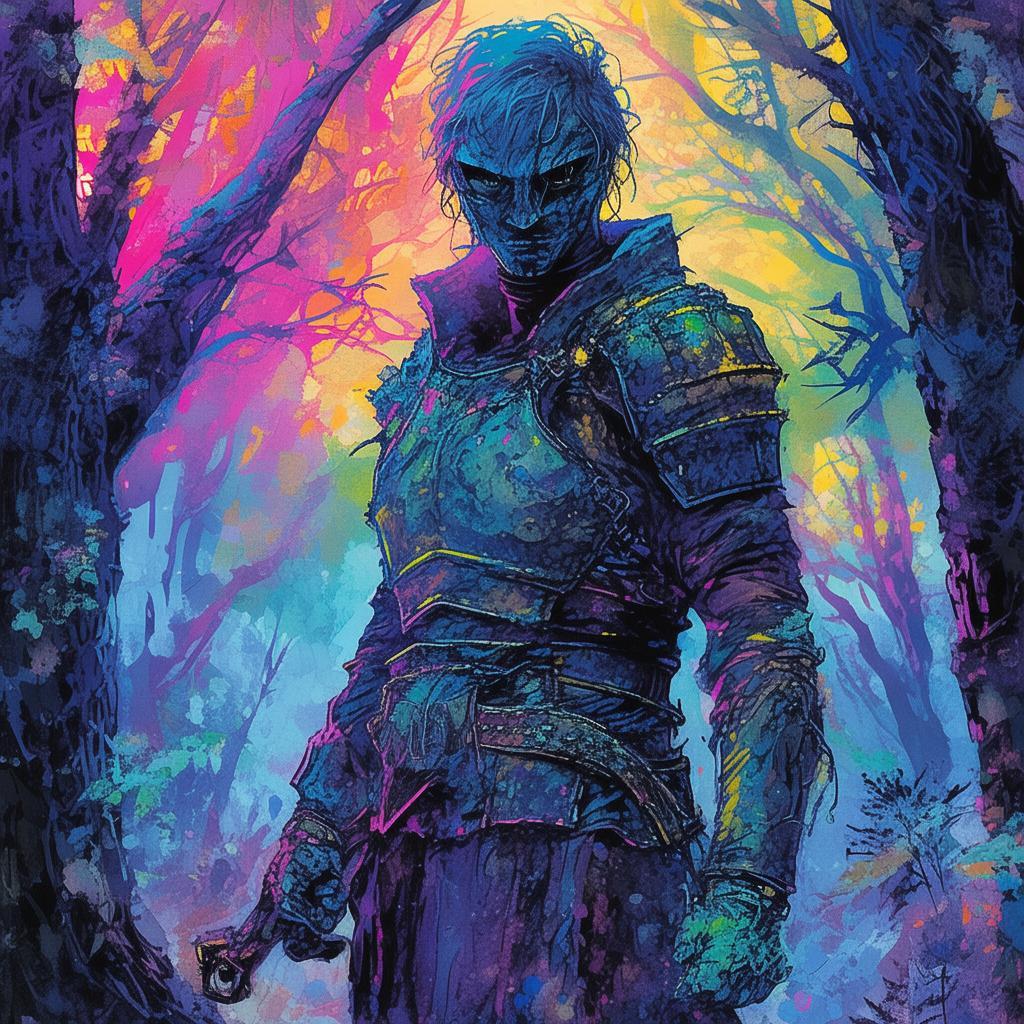
Together, they set out on many adventures, facing dragons and wild beasts, but Gilgamesh's quest was not for glory or fame. It was for the eternal life that eluded him. He sought the knowledge of the gods, the secret to their unending existence.
According to the old tales, a great labyrinth lay beneath the sands of the earth, a place where the dead were trapped, and where the living were lost. It was said that the labyrinth was guarded by a mighty beast, the Minotaur, and only the pure of heart could hope to navigate its twisted paths.
Gilgamesh, with Enkidu by his side, ventured into the sands, seeking the entrance to the labyrinth. They faced trials and ordeals, their bodies and minds tested to the breaking point. They were pursued by the fearsome Minotaur, a creature half-man, half-beast, with the head of a bull and the heart of a lion.
The Minotaur, a monster of myth and legend, was a being of immense strength and cunning. It roamed the labyrinth, a labyrinth that was as much a living entity as it was a place of stone and wood. It knew every twist and turn, every hidden passage, and it was relentless in its pursuit of Gilgamesh and Enkidu.
As they approached the entrance, Gilgamesh felt a strange sensation, a weight pressing down on his chest. He knew that this was not just a physical journey; it was also a journey of the soul. The Minotaur, sensing the pure heart of Enkidu, turned its gaze upon him.
The Minotaur challenged Enkidu, but it was Enkidu who was the greater warrior, for he was a creature of the earth, and he fought with all the fury of the wild. The battle was fierce, and for a moment, it seemed that Enkidu might triumph, but then the Minotaur's brute strength overpowered him, and he fell.
Gilgamesh, seeing his friend in peril, leaped into the fray. He fought with all his might, his sword clashing against the Minotaur's horn. The battle was long and brutal, and the labyrinth around them seemed to close in, as if the very walls were watching their struggle.
Finally, after what seemed like an eternity, Gilgamesh delivered the final blow. The Minotaur fell, its mighty form crumbling into dust. But as it fell, Gilgamesh felt a pang of sorrow. Enkidu, his dear friend, was now lost to him, and he knew that his quest for eternal life was as futile as the quest for the impossible.
The entrance to the labyrinth loomed before him, and Gilgamesh stepped inside. The labyrinth was a maze of mirrors, a place where one could see oneself in every turn, and he was faced with a choice. He could seek the secret to immortality, or he could return to the world of the living.
He looked at his reflection, and in that reflection, he saw the young king, the warrior, the builder, and the lover. He saw the fear, the doubt, and the yearning for something that could never be his. And then he saw the man who was willing to face his own mortality, to embrace the end of his days, and to find peace in the knowledge that he had lived.
Gilgamesh turned back, his heart heavy, but his spirit light. He walked out of the labyrinth, leaving behind the promise of immortality and the fear of death. He returned to Uruk, a changed man, and he lived out his days as a king, a friend, and a man of peace.
And so, the tale of Gilgamesh was told, not as the story of a man who sought to become a god, but as the story of a man who sought to understand the nature of life and death, and in doing so, found the greatest gift of all: the acceptance of his own humanity.
✨ Original Statement ✨
All articles published on this website (including but not limited to text, images, videos, and other content) are original or authorized for reposting and are protected by relevant laws. Without the explicit written permission of this website, no individual or organization may copy, modify, repost, or use the content for commercial purposes.
If you need to quote or cooperate, please contact this site for authorization. We reserve the right to pursue legal responsibility for any unauthorized use.
Hereby declared.
